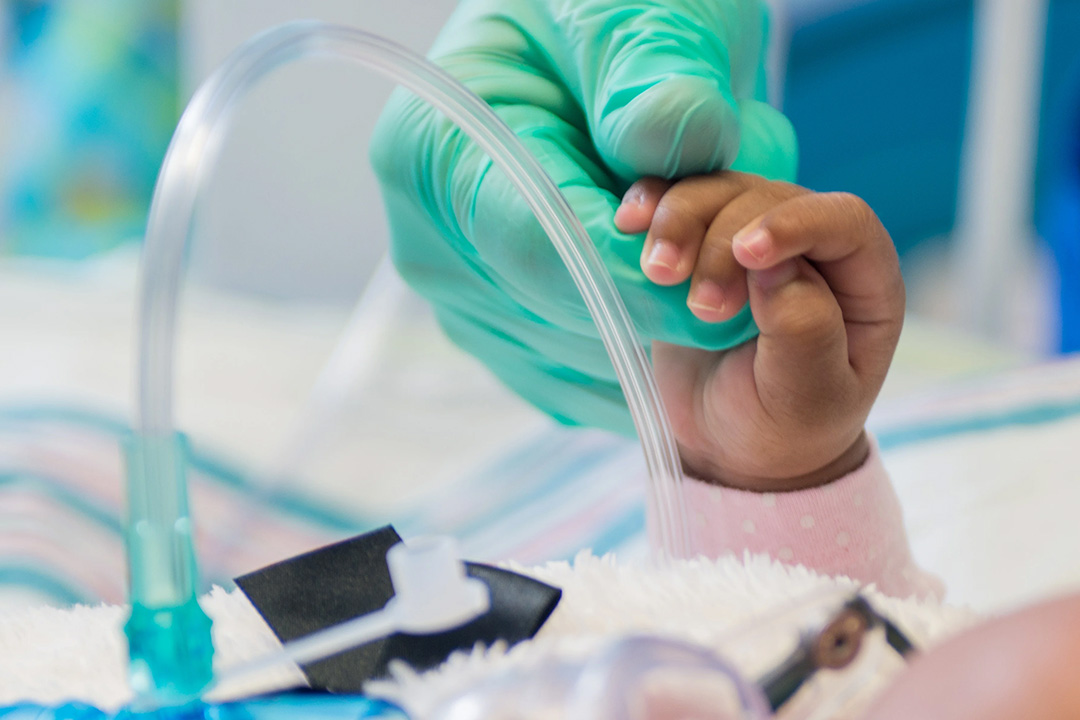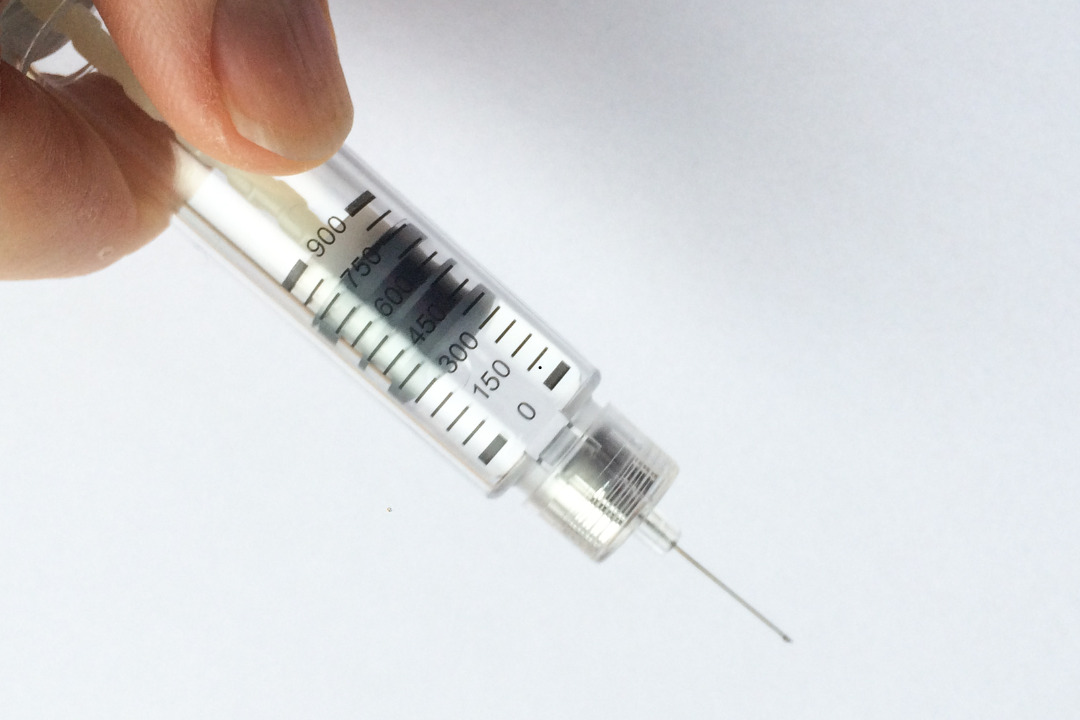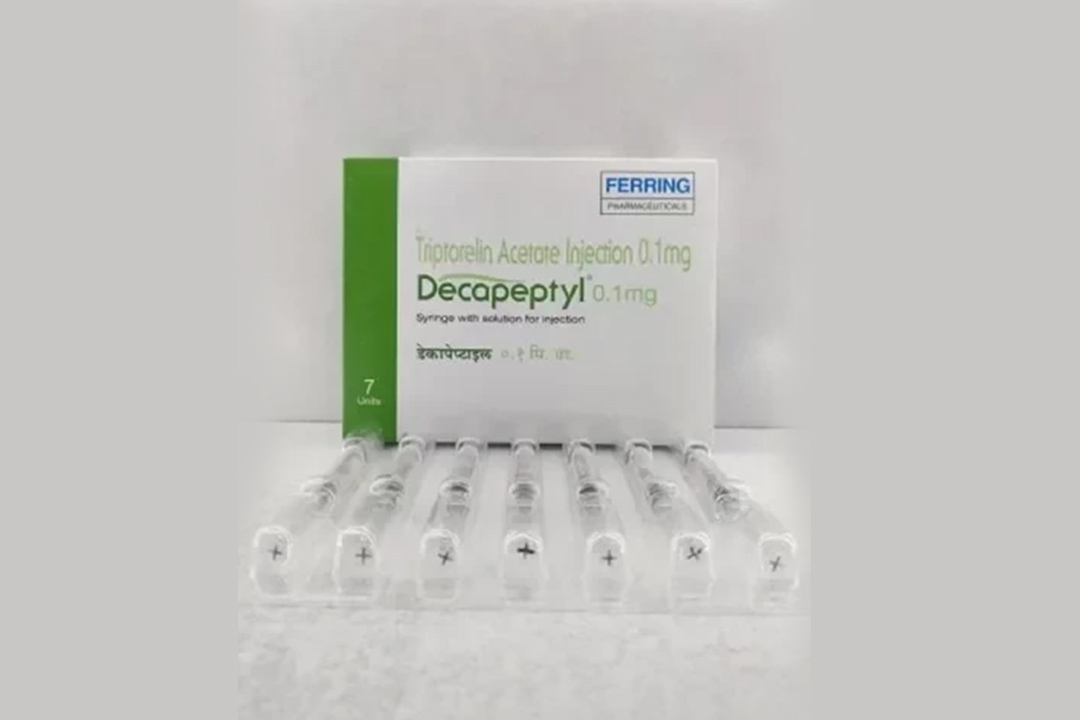Chances of Twins with IVF: Everything you need to know
Many couples dream of having children but face challenges along the way. In vitro fertilization (IVF) opens the door for many to build their families. One frequent topic is the possibility of having twins through IVF.
In this article, we explore how twin pregnancies occur with IVF, identify the factors that influence the chances, and outline the benefits and risks you should consider before making decisions.
Twin Pregnancy in IVF
IVF combines eggs and sperm in a laboratory setting. After fertilization, doctors transfer one or more embryos into the woman’s uterus. Twin pregnancies occur in two main ways:
Dizygotic (Fraternal) Twins: Doctors transfer two or more embryos into the uterus, and each embryo develops separately. Each twin comes from a different egg fertilized by a different sperm. This process mirrors natural twinning when more than one egg is released and fertilized during a cycle.
Monozygotic (Identical) Twins: A single embryo splits into two separate embryos after transfer. Even with one embryo transferred, the egg can split, creating two zygotes with the same genetic material. Although this type of twinning is less common than fraternal twins, IVF raises the likelihood of identical twins compared to natural conception.
Why Couples Want Twins with IVF
Many couples choose IVF with the hope of a twin pregnancy, and several reasons drive this choice:
- Older Maternity Age: Some couples start families later in life. With fertility naturally declining over time, having twins might help them build their family faster.
- Cost and Time Factors: IVF treatment can be expensive, and success is never guaranteed. Some couples transfer more than one embryo to increase the chance of pregnancy and, if twins occur, they can avoid the cost and time of another cycle.
- Desire for Siblings: Some couples dream of having children who grow up together. Twins provide built-in companionship, a quality that many parents find appealing.
Benefits of Having Twins with IVF
Couples who hope for twins enjoy several clear advantages:
- You get the chance to have two children in a single pregnancy. This option appeals to couples who want to complete their family without multiple cycles.
- Twins often grow up as close friends who share life experiences from the start.
- IVF is expensive, and having twins from one cycle might mean you avoid another costly cycle for a second child.
Risks Associated with Twin Pregnancies from IVF
Even though the benefits sound promising, twin pregnancies carry risks that you must consider carefully. Doctors urge caution because multiple pregnancies can strain both the mother and the babies.
For the Mother
- Pre-eclampsia: Twin pregnancies can raise the risk of high blood pressure and swelling. Pre-eclampsia, characterized by high blood pressure and excess protein in the urine, becomes dangerous if not managed properly.
- Gestational Diabetes: Twin pregnancies increase the chance of diabetes during pregnancy. This condition can result in larger babies, making vaginal delivery more challenging and raising the risk of complications.
- Cesarean Section: Twin pregnancies often lead to a higher rate of C-sections. A surgical delivery usually involves longer recovery and brings complications, including a risk of bleeding.
For the Babies
- Premature Birth: Twins often arrive before the full term of 37 weeks. About 60 percent of twins are born early, and very premature births can create severe health challenges.
- Low Birth Weight: Twins frequently weigh less than 2.5 kg at birth, and those born very early may weigh even less. Low birth weight can cause breathing, vision, and developmental problems.
- Twin-Twin Transfusion Syndrome (TTTS): In identical twin pregnancies sharing a placenta, TTTS can occur. One twin may get too much blood while the other gets too little, leading to serious issues.
- Intrauterine Growth Restriction (IUGR): Twins might not grow at the same pace. If one or both twins do not grow as expected, health problems can develop after birth.
Factors Affecting the Chances of Twins with IVF
Multiple factors influence whether you have a twin pregnancy with IVF. Here are some common factors:
- A family history of twins may raise your chances of having twins.
- Research shows that taller women and those with a higher body mass index (BMI) have a greater likelihood of twins.
- Women over 30, especially near 40, face a higher chance of a twin pregnancy with IVF.
- Women who have experienced pregnancy before, particularly those treated for secondary infertility, may see a higher chance of conceiving twins through IVF.
Can You Choose to Have Twins with IVF?
You must know that no method guarantees twins with IVF. The number of embryos transferred plays a significant role. The chance of a dizygotic twin pregnancy increases when doctors transfer two or more embryos. However, even a single embryo transfer can lead to monozygotic twins if the embryo splits.
Your fertility expert will explain the benefits and risks of multiple pregnancies. They help you look at the pros and cons so you can make a good decision.
How Identical Twins Occur with a Single Embryo Transfer
In a single embryo transfer, the chance of twins happens when the embryo splits into two separate embryos. Here is how it happens:
- After transferring the embryo into the uterus, it may split into two parts.
- Each part develops on its own, creating two embryos with the same genetic material.
- The timing of the split matters. If the split occurs early, each twin may have its own placenta and amniotic sac. If the split occurs later, the twins might share a placenta or an amniotic sac. These different arrangements affect the pregnancy and the babies’ health.
Identical twins occur in about 1-3% of IVF pregnancies. Although this rate is higher than the approximately 0.4% seen in natural pregnancies, it remains relatively low.
How to Influence Twin Chances in IVF
Couples sometimes ask if they can increase their twin chances through IVF. Consider these points:
- Transferring more than one embryo increases the chance of twins, but it also raises risks. Many clinics now favor elective single embryo transfer (eSET) to reduce the risks linked to multiple pregnancies.
- Some research suggests that growing embryos one extra day in the lab may influence the chance of the embryo splitting. The exact reasons remain unclear.
- As noted earlier, family history, body type, and age also influence your twin chances. Discuss these factors with your doctor to understand your personal risk.
Guidelines for Choosing How Many Embryos to Transfer
Deciding how many embryos to transfer during an IVF cycle requires careful thought. Your fertility specialist considers several factors:
- Doctors evaluate the condition and stage of the embryo. Higher quality embryos tend to implant and grow successfully.
- Younger patients have a higher chance of a successful singleton pregnancy. In older patients, transferring more than one embryo may help, although it increases the twin risk.
- Any past complications or health issues influence this decision.
- If previous cycles did not result in pregnancy, your doctor might recommend transferring more than one embryo.
Conclusion
The chances of having twins with IVF depend on factors such as the number of embryos transferred, your age, body type, and family history. The possibility of twins may seem appealing, but significant risks accompany this option. Whether you choose to transfer one embryo or more, you must discuss all options with your fertility expert. They guide you through the decision process and help you understand the benefits and risks.
IVF brings hope to many couples facing infertility, and some couples find the possibility of twins appealing. However, you must make the choice to pursue a twin pregnancy with careful consideration and clear guidance from your medical team.
In the end, whether you have one baby or twins, you must focus on creating a safe and healthy environment for both the mother and the baby. Your commitment to this process, along with the support of experienced professionals, sets the stage for a successful journey toward parenthood.
About Us
AKsigen IVF is a premier center for advanced fertility treatments, with renowned fertility experts on our team. Specializing in IVF, ICSI, egg freezing, and other cutting-edge reproductive technologies, AKsigen IVF is committed to helping couples achieve their dream of parenthood. With personalized care and a patient-first approach, AKsigen IVF provides comprehensive fertility solutions under one roof.






















































































